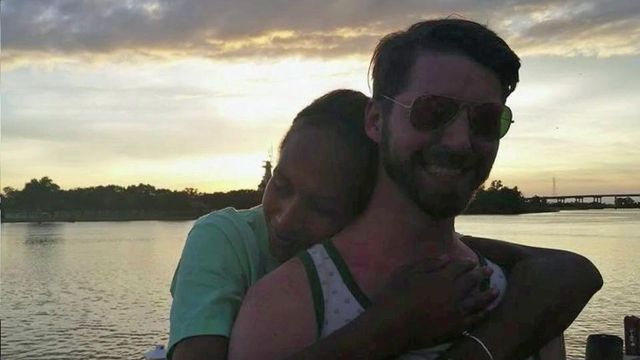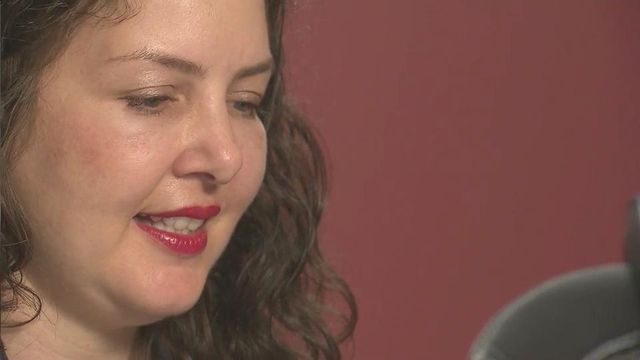Transgender in the Triangle: 'There is no script on how to do it'
Candis Cox knew something was wrong by age 6. Kelton Hollister knew by late elementary or early middle school. They didn't know how to define their struggle at the time, but both would later learn the word for it - transgender.
Posted — Updated“I first questioned when I was 6 years old when I told my parents, ‘I think I’m a girl,’” Cox recalled. “When I turned 8 years old, I asked for nothing but Barbies for my birthday.”
Hollister, now 23, says changing genders from girl to boy didn’t seem realistic. “Growing up, it wasn’t really even talked about. It wasn’t even on my radar,” he said.
“Her coming out and being willing to talk about this has really opened up the minds of a lot of people,” Hollister said.
Raleigh therapist Kimball Sargent has worked with transgender patients for two decades and says she helps her clients navigate emotional hurdles so they can live happy, normal lives.
“They are in constant fear that they are going to lose their family, they might lose their job, they could lose the place that they live,” Sargent said.
Advocates say being transgender is about defining oneself as man or woman, not about body parts or sexual preferences. Coming to terms with gender dysphoria, as it’s known in the medical world, can be a complicated, emotional and often painful journey.
Cox says "there is no script on how to do it.” In 2002, she went to Thailand for the first of a series of surgeries that transformed her into a biological woman. After her recovery, she met her future husband and told him about her transition on their third date.
“Hey, I’m a drop-dead gorgeous woman, and by the way, I had a sex change because I used to be a man,” Cox recalls telling him.
They have been married for 9 years.
“My husband is a great man. My husband comes from an amazing family,” Cox said.
Very few physicians in the country perform sex-reassignment surgery. That's why so many transgender people travel out of the country to be treated.
Raleigh plastic surgeon Dr. Keelee MacPhee is one of a handful of surgeons trained in this area. She has performed hundreds of surgeries on transgender patients for breast removal, breast augmentation and facial re-contouring and has recently begun performing genital surgery on male patients who are transitioning to females.
MacPhee believes she is filling an important void for patients who are often turned away by other doctors.
“I'm not the brave one. The patients are the courageous people,” she said. “It's unbelievable what they have to go through, being bullied, being rejected by family and friends a lot of times. So they're the ones that inspire me.”
Currently, insurance does not cover most of these very expensive surgeries. But MacPhee and other surgeons are pushing them to do so because they believe it’s medically necessary to help these patients to be comfortable in their own bodies.
To feel more comfortable in his own body, Hollister says he started making the transition at age 19. He started by simply living as a man and asking people he knew to call him “he” and “him” and treat him as a man.
Hormone therapy and breast-removal surgery followed with his family's support.
“They’re very accepting, I would say, and I’m very fortunate in that regard because there are a lot of folks who lose family support,” Hollister said.
Transgender people say they simply want what everyone else wants.
“It’s about giving transgender people the same rights to have a happy life as every other American,” said Sargent, who credits Jenner with helping people become more accepting. “Making her transition so public, it’s almost like everyone feels like they know someone who is transgender.”
Both Cox and Hollister make it clear they get that not everyone understands or agrees with their choices. They respect others' rights to have those opinions, but at the same time want to be treated fairly. Both say they have lost jobs in the past due to being transgender.
“Try to show each other as much love and respect as we can,” Cox said.
• Credits
Copyright 2024 by Capitol Broadcasting Company. All rights reserved. This material may not be published, broadcast, rewritten or redistributed.






